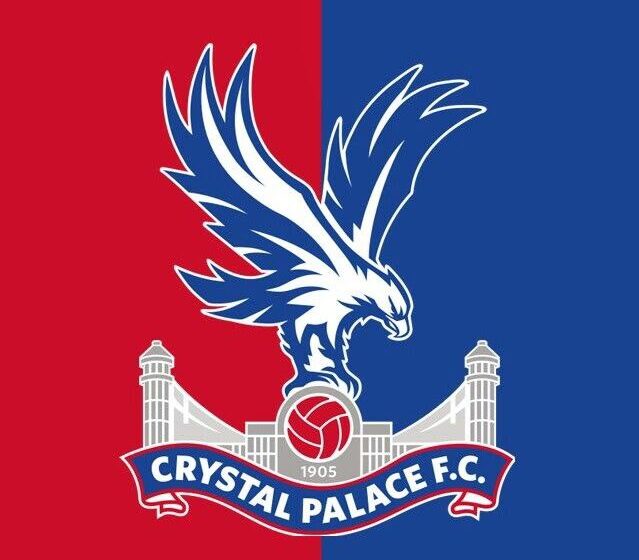Why Crystal Palace won’t play Europa League next season

The official logo of Crystal Palace. Photo Credit- Fabrizio/X
The unexpected demotion of Crystal Palace from the Europa League to the Conference League for the 2025/26 season is primarily driven by UEFA’s stringent multi-club ownership (MCO) regulations. Here’s a detailed breakdown of the reasons:
Multi-Club ownership conflict with Lyon
Crystal Palace qualified for the Europa League by defeating Manchester City 1-0 in the FA Cup final on May 17, 2025. Simultaneously, Lyon secured a Europa League spot by finishing sixth in Ligue 1 on the same day. The conflict arises because John Textor, a key stakeholder, holds a 77% stake in Lyon and previously owned a 43.9% stake in Crystal Palace through Eagle Football Holdings. UEFA’s MCO rules prohibit clubs with significant overlapping ownership from participating in the same competition to avoid conflicts of interest and ensure competitive integrity.
Despite Textor selling his Palace stake to New York Jets owner Woody Johnson after the March 1, 2025, deadline set by UEFA for resolving such ownership issues, the transaction occurred too late to prevent the ruling. UEFA deemed the ownership overlap active during the qualification period, triggering the demotion.
RELATED STORIES
What football fans will never forget in 2025
Oliver Glasner: The man behind Crystal Palace resurgence
UEFA’s March 1 deadline
UEFA mandates that any ownership conflicts must be resolved by March 1 of the year preceding the competition. At that point, Palace were still in the FA Cup fifth round and not yet guaranteed European qualification. The late FA Cup run and subsequent ownership change post-deadline left Palace vulnerable, as UEFA applied a strict interpretation of the rule, prioritizing the ownership status as of March 1 over subsequent adjustments.
Lyon’s appeal and financial complications
Lyon’s initial relegation from Ligue 1 due to €400 million in debts threatened to resolve the MCO issue by removing them from European competition. However, Lyon’s successful appeal against this sanction reinstated their Europa League spot, forcing UEFA to address the Palace-Lyon conflict directly. This reinstatement underscored the rigidity of UEFA’s MCO enforcement, leaving Palace as the penalized party.
Regulatory inconsistency
UEFA’s decision contrasts with cases like Manchester City and Girona (City Football Group) and Red Bull Salzburg and RB Leipzig, which have competed in the same tournaments despite shared ownership. This inconsistency, noted in a 2023 UEFA compliance review, suggests that Palace’s smaller club status and lack of prior European experience may have influenced the stricter application of rules, though no official explanation confirms this bias.
RELATED STORIES
See why FA Cup victory guarantees Europa League spot
Between Player’s Passion, Faith and the Premier League LGBTQ+ Campaign
The bigger picture of the situation
Currently, the situation remains probable. Palace’s appeal, backed by chairman Steve Parish’s assertion of earning their Europa League place, could set a precedent for MCO enforcement. Meanwhile, UEFA’s inconsistent application, as debated online, may prompt a governance review, especially with growing scrutiny over multi-club models in football, as noted in recent Play the Game reports on potential criminal exploitation.
For Palace, the immediate focus is on navigating the Conference League qualifiers while preparing for a CAS ruling, expected before the August draws. The outcome will define their European journey and influence their strategic direction in a competitive Premier League landscape.

